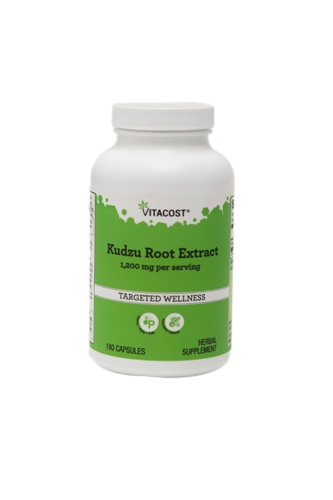It's the new year, and the pressure is one to become the new you, the best you, the improved you. The problem? Inertia rules the roost. Breaking bad habits and forming healthy new ones is notoriously hard—and many people fall off the New Year's resolution bandwagon by the first month. According to one survey, only 58 percent of resolution-makers were able to maintain their resolution past one month. By the time six months rolled around, only 45 percent were still on board.
Numerous studies equate self-control and willpower with the ability to stick to resolutions. The more you boost your self control, the logic goes, the more adept at suppressing your craving for immediate gratification.
While self control is associated with habit formation, there are deeper, less obvious forces to be reckoned with—such as how much we value the future. Surprising, right? But if you think about it, it makes perfect sense.
We looked to three experts to find their take on the most important quality for breaking bad habits, and forming healthier ones.
1. Gratitude
David DeSteno, a professor of psychology at Northeastern University, is the author of the forthcoming book “Emotional Success: The Power of Gratitude, Compassion, and Pride, recently wrote a column about resolutions in the New York Times in which he said “Willpower is for chumps. Here’s what actually works.” He suggests leaning into our social emotions (gratitude and compassion), that naturally incline us “to be patient and persevere.” “When you are experiencing these emotions,” he says, “self-control is no longer a battle, for they work not by squashing our desires for pleasure in the moment but by increasing how much we value the future.”
A mindset of gratitude, he shows, allows oneself to see the big picture less constrained by immediate concerns. In a study DeStano conducted, he had people briefly recall an event that made them feel grateful, neutral or happy. The next step was to see how willing they were to delay a monetary reward. Those who were neutral or happy were willing to forgo receiving $100 in a year if they got $18 the same day. The gratitude people, however, required at least $30 to forgo the later reward. The macro-message of his research? When people feel grateful, they become more generous, both with themselves—and others. They are more likely to help others, make fairer financial decisions, and be more prone to show loyalty.
2. Grit
According to Angela Duckworth, PhD, psychologist and best-selling author of Grit: The Power of Passion and Perseverance, one’s ability to hew to her resolve is determined by her grit factor. She defines grit as “the capacity to sustain commitment and effort to a long-term goal.” While self-control and grit tend to correlate, often times they do not. Grit speaks to setbacks, effort and diligence. It involves a willingness to work with challenge—the friction of effort that leads to mastery.
Duckworth makes the distinction between self-control and grit in the abstract of one of her studies: “Self-control entails aligning actions with any valued goal despite momentarily more-alluring alternatives; grit, in contrast, entails having and working assiduously toward a single challenging superordinate goal through thick and thin, on a timescale of years or even decades.”
3. Slack
Many researchers, most prominently Kelly McGonigal, have pointed out that the key to resolve is self-compassion, not self-criticism. We tend to think we need to be hard on ourselves to achieve our goals, but often what we need desperately is self-compassion. Harsh self-evaluation can prove the biggest obstacle to forming new habits. A growing body of research shows that self-criticism creates more anxiety, along with less motivation and self-control.
People think being gentle with themselves is tantamount to self-indulgence, but really, cutting yourself slack is the kindest thing you can offer yourself. It is perhaps the most essential habit you can develop, and the one that will help with every other habit you are trying to form. Try to talk to yourself, especially after a breach or a set-back, the way you would to a friend or a child. Notice how that perspective changes the self-talk, and how it motivates you in ways that berating doesn’t.
In the end, instead of being a task master, if you really want to break some bad habits, try this. Be grateful for your life exactly as it is, get gritty with the setbacks that come and compassionate with your own failures.




